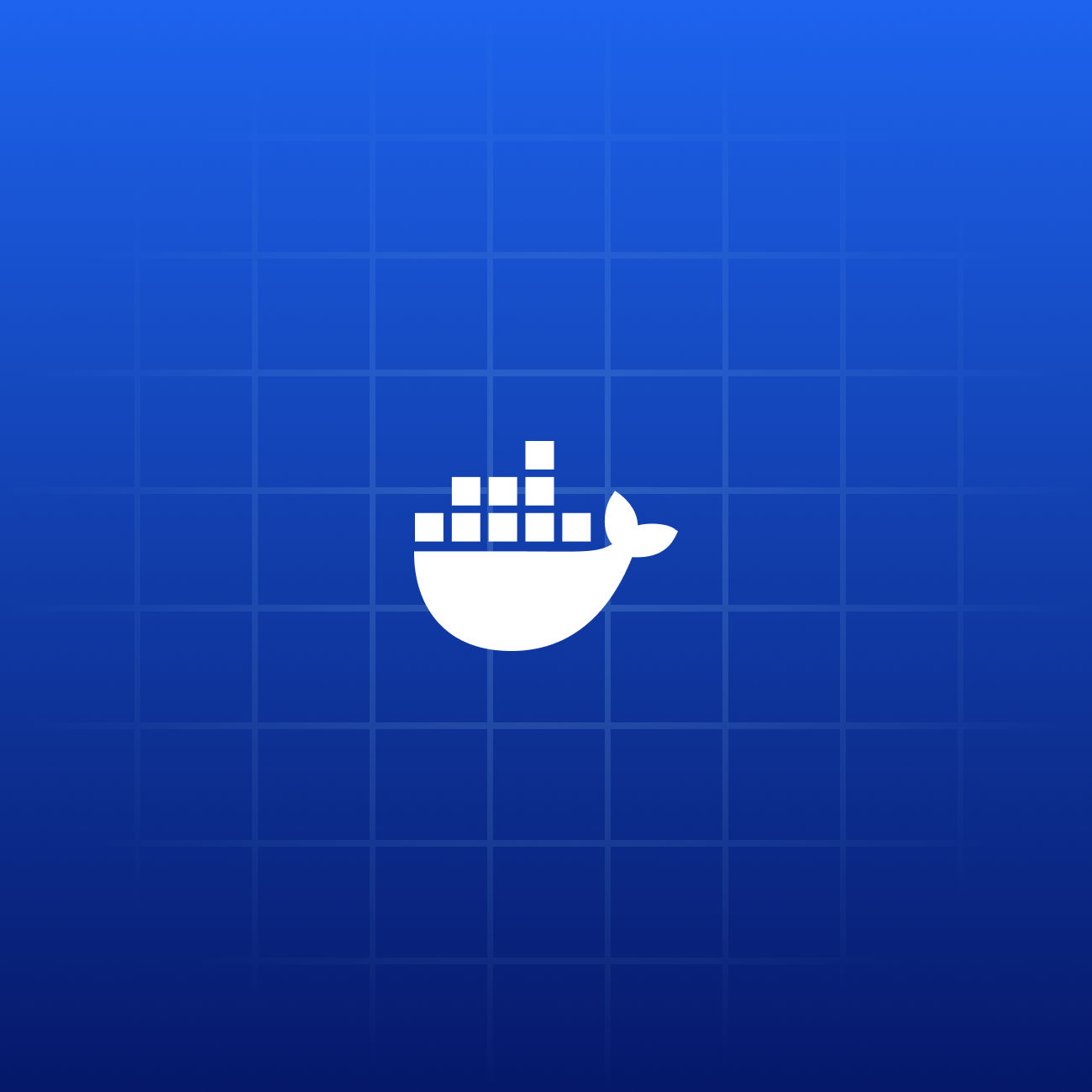-
Update on the Docker DX extension for VS Code
Learn about the latest changes to the Docker DX extension for VS Code, new features for authoring, and what’s coming next to enhance your container workflows.
Read now
-
Docker Desktop 4.41: Docker Model Runner supports Windows, Compose, and Testcontainers integrations, Docker Desktop on the Microsoft Store
Docker Desktop 4.41 brings new tools for AI devs and teams managing environments at scale — build faster and collaborate smarter.
Read now
-
How to build and deliver an MCP server for production
In December of 2024, we published a blog with Anthropic about their totally new spec (back then) to run tools with AI agents: the Model Context Protocol, or MCP. Since then, we’ve seen an explosion in developer appetite to build, share, and run their tools with Agentic AI – all using MCP. We’ve seen new…
Read now
-
Docker Desktop for Mac: QEMU Virtualization Option to be Deprecated in 90 Days
We are announcing the upcoming deprecation of QEMU as a virtualization option for Docker Desktop on Apple Silicon Macs.
Read now
-
New Docker Extension for Visual Studio Code
Speed up development with Docker DX extension with real-time feedback, smarter linting, and intuitive Bake/Compose file support in VS Code.
Read now
-
Run Gemma 3 with Docker Model Runner: Fully Local GenAI Developer Experience
Explore how to run Gemma 3 models locally using Docker Model Runner, alongside a Comment Processing System as a practical case study.
Read now
-
Introducing Docker Model Runner: A Better Way to Build and Run GenAI Models Locally
Docker Model Runner is a faster, simpler way to run and test AI models locally, right from your existing workflow.
Read now
-
Run LLMs Locally with Docker: A Quickstart Guide to Model Runner
Now available in Beta with Docker Desktop 4.40 for macOS on Apple silicon, Model Runner makes it easy to pull, run, and experiment with LLMs locally.
Read now
